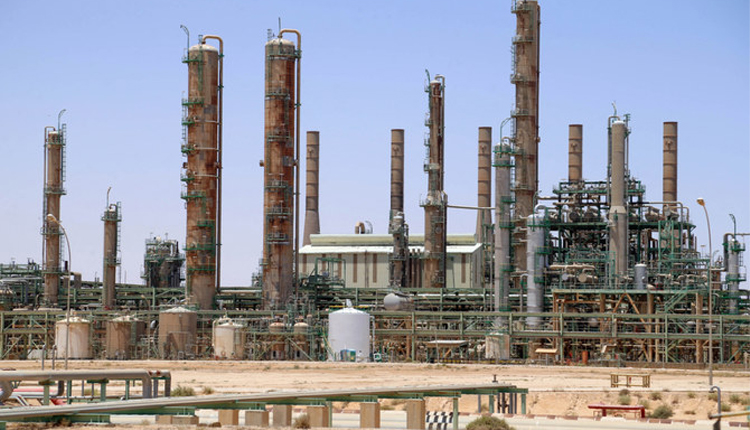Oil prices were steady in early Tuesday trade. Brent crude rose by 0.56 per cent, or 0.44 cents, to trade at $ 78.59 a barrel at 04:10 am CDT.
West Texas Intermediate (WTI) climbed by 0.14 per cent, or 0.10 cents, to the price of $72.78 a barrel.
Meanwhile, more tankers diverse from the Red Sea waterway as a result of ongoing tensions in the region, which were surpassed by general economic worries.
“Fears of weaker economic growth weighed on sentiment across the commodity complex. This was despite rising tensions in the Red Sea,” ANZ analysts told Reuters.
Moreover, oil prices were also affected by some worries about how China’s demand would develop shortly following the country’s central bank’s decision to keep the medium-term policy rate (MLF) steady on Monday.
“Yesterday’s refusal of China’s central bank, PBoC, to enact a cut on its 1-year MLF rate has dampened the expectations of more pronounced stimulus measures from China’s top policymakers which in turn led to a weaker demand narrative for oil that capped further potential upside,” Kelvin Wong, OANDA’s senior markets analyst stated.
Meanwhile, the United States’ freezing weather, which may limit oil production and have an impact on significant refinery operations, was also a concern, according to analysts. The severe cold and associated operational problems have already caused a 400,000–425,000 barrel per day decline in North Dakota’s oil production.
The U.S. Energy Information Administration’s official inventory data is anticipated on Thursday; this week’s data is one day behind schedule because of the Monday holiday.
